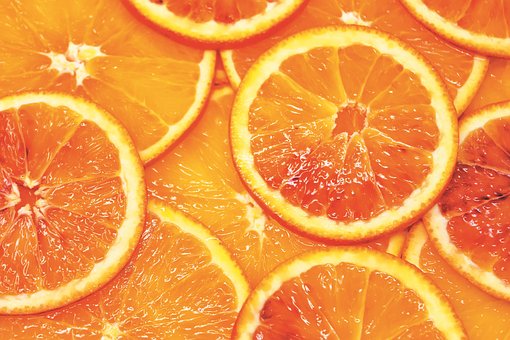Citrus Fruit Associated With Reduced Cancer Risk
© HealthyMuslim. See Terms and Conditions

Citrus fruits such as oranges, lemons and grapefruits are high in cancer-fighting antioxidants such as Vitamin C. They are also high in flavonoids, the most common antioxidant found in fruits and vegetables and shown in previous studies to block substances that cause cancer and heart disease.
Eating citrus daily was associated with a 11 and 14 percent reduction in the incidence of all types of cancer for men and women respectively, according to the study.
Findings also indicate that co-consumption with one cup of green tea a day produced an enhanced protective effect.
"Because of the popularity of citrus and green tea among the Japanese people, these findings suggest that a possible joint effect between them may have implications for public health," wrote the researchers.
Study details
The scientists analysed data from 42,470 people and correlated the effect of citrus and green tea consumption on the overall incidence of cancer. The average age of participants was 59.
After nine years of follow-up, the researchers documented 3,398 cases of cancer. Citrus consumption was divided into five groups: 'never'; 'occasionally'; '1 to 2 times per week'; '3 to 4 times per week'; and 'daily'.
The results showed that daily consumption was correlated with significant reductions in the risk of all cancer, and especially for prostate and pancreatic cancer. In these cases, the risk reduction was calculated to be 37 and 38 percent, respectively, for daily citrus intakes.
Furthermore, people who drank one cup of green tea a day the reduction in the risk of overall cancer was 17 percent, said the researchers.
"These findings suggest that citrus consumption is associated with reduced all-cancer incidence, especially for subjects having simultaneously high green tea consumption," wrote the scientists. "Further work on the specific citrus constituents is warranted, and clinical trials are ultimately necessary to confirm the protective effect."
Commenting on possible reasons for the results, the researchers note that data from laboratory studies have indicated that compounds within citrus fruit, like lycopene, lutein, hesperidin, nobiletin, auraptene, and lime flavonoids and limonoids have shown potential to protect against both prostate and pancreatic cancer.
An easy way to fit citrus fruit into your daily diet is to drink freshly squeezed juice. Try juicing together 3 oranges, 1 grapefruit, ½ lemon and 1 lime to make a delicious, vitamin C-packed juice.
Research Paper Details:
W-Q Li, S. Kuriyama, Q. Li, M. Nagai, A. Hozawa, Y. Nishino, I. Tsuji. Citrus consumption and cancer incidence: the Ohsaki cohort study. International Journal of cancer Vol 127, P 1913-1922.
Link to this article: Show: HTML Link • Full Link • Short Link
Share or Bookmark this page: You will need to have an account with the selected service in order to post links or bookmark this page.





|
Related Articles:
- Citrus Fruit Associated With Reduced Cancer Risk
- Grapefruit: A Powerful Detoxifier
- The Immunity-Boosting Power of Oranges
- Limes Are An Excellent Immune-Boosting Food
- The Nutritional, Antioxidant and Cleansing Power of Lemons
- Grapefruit Can Promote Healthy Gums
- Make Your Own Energising Juices
You must be registered and logged in to comment.
Most Popular
Latest Articles
Popular Subjects
Health, fitness and longevity
Based upon the principles of health
in the Qur'an and Prophetic Traditions.
HealthyMuslim.Com
There are two bounties in which
most people lose out: good health
and free time. Al-Bukhari.























